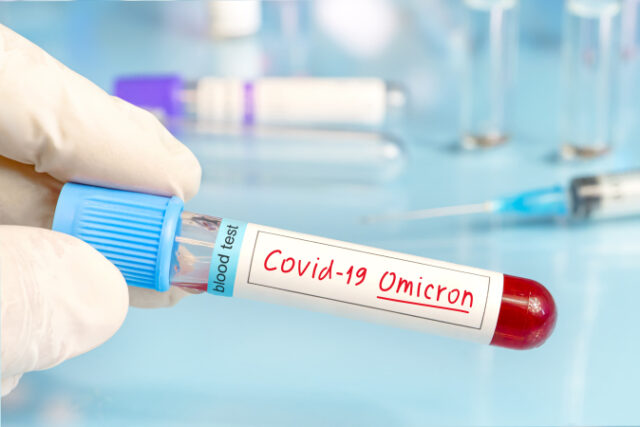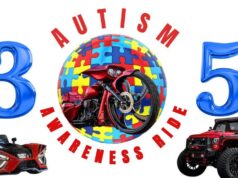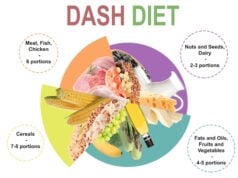
The first case of COVID-19 in the U.S. caused by the omicron variant has been reported in California, according to the Centers for Disease Control and Prevention.
As Mayo Clinic COVID-19 experts learn more about the omicron variant, they are looking to answer several questions.
The World Health Organization (WHO) recently classified this new COVID-19 strain as a variant of concern. The omicron variant was first reported to the WHO by South Africa in early November. Mayo experts say there is still a lot to learn.
“At this time, there are three big questions that still need to be answered and are still unknowns. The first one is we don’t yet know if this is more transmissible, as transmissible or less transmissible than the current delta variant that is prevalent in many parts of the United States,” says Dr. John O’Horo, a Mayo Clinic infectious diseases specialist. “The second big unknown is whether or not this has immune escape, meaning if vaccines and prior infection will confer the same amount of protection that they currently do or will confer some less protection. The third one is we don’t know what the severity of this is — if this is more likely to land people in the hospital than prior variants were. However, as we’re looking at this story as it unfolds, the number of mutations make it plausible that any of these could change. And we need to be watching this carefully.”
Dr. O’Horo goes on to explain the reason the WHO has classified omicron as a variant of concern.
“That just indicates that this is one that has a high potential to cause some continued spread and become a dominant strain. There are several other variants of concern that have been tracked, and some of them, like delta, have become significant problems,” he says.
He says that people in the U.S. should be more concerned about the delta variant and preventing the spread of COVID-19 by following the recommended prevention strategies.
“For the general public, as of right now, I would be more concerned about delta because that’s what we’re currently seeing as a surge in our communities at this moment,” says Dr. O’Horo. “And this is why the best thing you can do to keep yourself safe and keep yourself protected remains getting vaccinated, or if you’re eligible, getting a booster. We don’t yet know how much protection those boosters will offer against the omicron variant if and when it comes to the United States, but there’s every reason to believe it will offer some.”
“The best ways to stay protected against COVID-19 remain the same things that they’ve been for most of this year. Namely, if you are vaccine-eligible, get the vaccine. If you’re booster-eligible, get the booster. There’s every reason to believe that that will continue to offer protection against the current circulating strains and probably will still offer some protection against upcoming strains, as well. We just don’t know how much. Also, you should wear masks in appropriate settings, such as areas where other people are unmasked or you’re unsure of their vaccination status. And, finally, if you have symptoms that are concerning for COVID-19, check with your health care provider and get appropriate testing so that you don’t expose others.”
“Courtesy: John O’Horo, M.D./Infectious Diseases/Mayo Clinic.”
Republished with permission[/vc_message]












